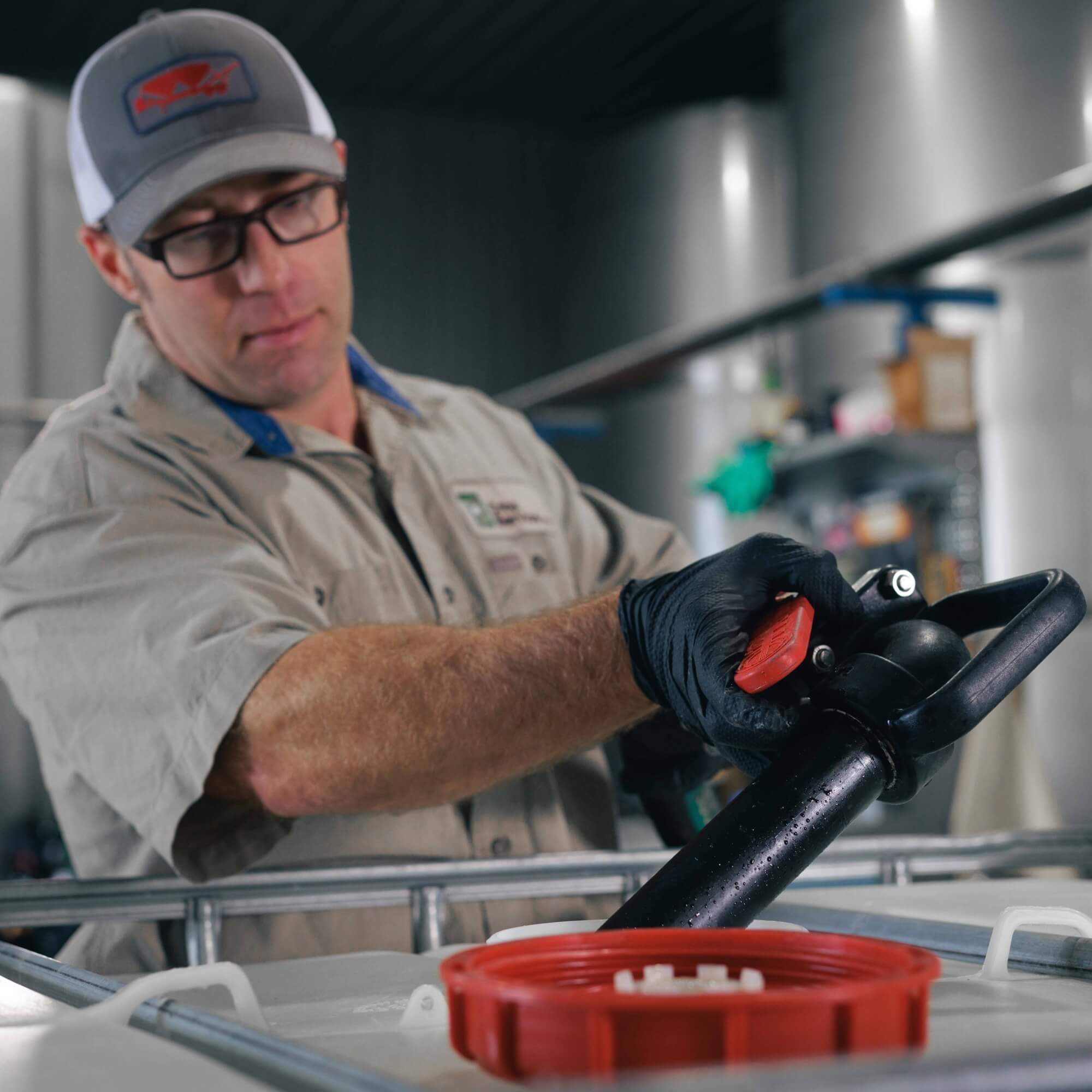Crop protection.

Grow strong, resilient crops with industry-leading brands.
We use industry-leading crop protection brands known to ensure healthy crops and improve yields.
Full range of herbicides, insecticides + fungicides.
Whatever your needs, we have a solution. We can help assess and diagnose your needs and apply the proper treatment to protect and maximize your land’s full potential.
Weed + pest control options for every crop.
Prevent weeds and pests from getting in the way and keep your crops healthy all season long, without setbacks.
Safeguard your fields with targeted solutions.
Our selection of herbicides, fungicides, and insecticides provide effective solutions for managing pests and diseases – ensuring your crops stay healthy and productive. Explore our products to find the right protection for your farm’s specific needs.
-
Herbicides
Herbicides are agents, usually chemical, used for killing or inhibiting the growth of unwanted plants, such as residential or agricultural weeds and invasive species. A great advantage of chemical herbicides over mechanical weed control is the ease of application, which often saves on the cost of labor.
Most herbicides are considered nontoxic to animals and humans, but they can cause substantial mortality of nontarget plants and the insects that depend on them, especially when applied aerially.
-
Fungicides
Fungicides are pesticides that kill or prevent the growth of fungi and their spores. They can be used to control fungi that damage plants, including rusts, mildews, and blights. They might also be used to control mold and mildew in other settings. Fungicides work in a variety of ways, but most of them damage fungal cell membranes or interfere with energy production within fungal cells.
Things to keep in mind when using fungicides:
- A fungal disease in plants can be misdiagnosed easily. Check with your local crop consultant for help identifying plant disease. They may also be able to recommend a treatment strategy.
- Often, plant diseases are transmitted when leaves are wet. Ground level watering and good air circulation can be used to keep leaves dry.
- Many fungicides remain on the surface of plant tissues and do not spread throughout the plant. Others penetrate the cuticle and circulate through plant tissues.
- Although they can slow or stop the development of new symptoms, many fungicides are designed only to prevent disease. These are not highly effective after symptoms have developed.
-
Insecticides
Insecticides are pesticides that are formulated to kill, harm, repel or control one or more species of insect. Insecticides work in different ways. They come in different forms including sprays, dusts, gels, and baits.
Let’s maximize your land’s unique potential.
Whether you’re looking for fertilizer solutions or best-in-class crop protection, our team is ready to help, starting with a custom quote.


